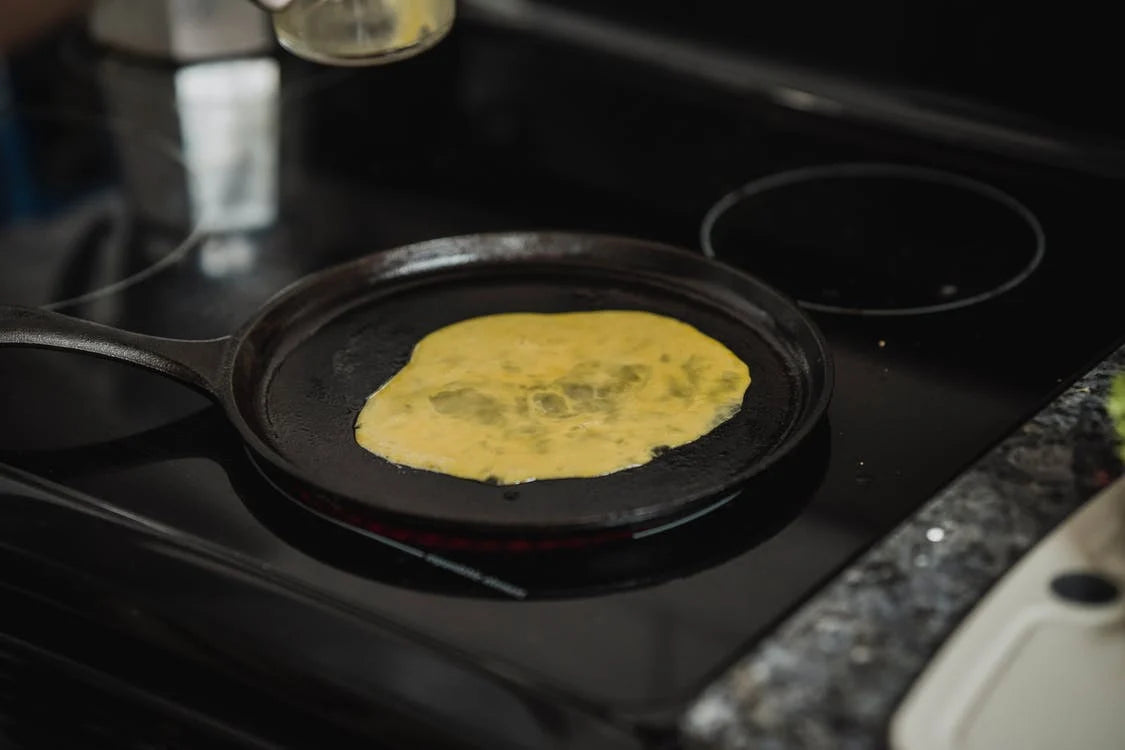
Gas vs Electric vs Induction Hobs: Differences and Similarities
If you are thinking about upgrading your kitchen and can’t seem to fully comprehend the differences between gas-powered, electric, and induction ranges/cooktops, you’ve come to the perfect place, it’s time to finally get to know the benefits and disadvantages of owning each of them.
Gas Hobs, they’ve been around for the longest, and use the power or open flame to cook your meals. This is probably the most familiar method for most people, but even if you’re accustomed to it, you shouldn’t be afraid of making a change to a different method of cooking because, in fact, you might actually find that they’re more suited for your needs.

Benefits of cooking with Gas:
Manual ignition, which means that in the event of an electrical outage you will still be able to turn on the heat and cook some food.
More precise heat adjustment, allows you to quickly and easily adjust the flame output by using the control knobs.
Fast to heat up, meaning you don’t have to wait a lot of time for the cooktop to preheat.
Disadvantages of cooking with Gas:
Harder to clean, because of the grooves and crevices surrounding the burners, and also the grates that go above them.
Makes your kitchen hotter, thanks to the large amount of radiant heat that they emit and that will emanate through the space of the kitchen, heating up the ambient. However, that can be alleviated with a cooker hood.
Higher utility costs, compared to the electricity fueled cookers, the gas is more expensive.
Electric Hobs, unlike gas, don’t require any special hookup besides a 220v-240v outlet to be plugged, they are certainly more energy-efficient and also have a lower risk of fire than gas cookers.

Benefits of cooking with electric cooktops:
Easier to clean, considering they are smooth and flat tops with no indents or crevices.
Colder temperature in your kitchen, because they don’t generate much ambient heat.
Lower utility costs, in comparison to the gas cookers.
Disadvantages of cooking with electric cooktops:
Affected by electrical supply, so you won’t be able to cook whenever there’s a power issue or outage.
Remain hot after shutoff, because electric elements retain high levels of heat even after they’re turned off, so it’s only safe to wait a while until they cool down.
Slower to heat up, in comparison to gas cookers.
Induction Hobs, while also being electric, utilizes electromagnetism and a metal coil to produce a transference of heat directly into induction cookware, thus, not heating up the surface and making it much safer. Typically, any cookware that contains iron will work with induction. Also, food being cooked with induction will receive 90% of the heat generated, as opposed to 65-70% on the electric cookers and only 40-55% for gas.

Benefits of cooking with induction cooktops:
Safe to touch, because heat is only emitted through appropriate metals, so the surface remains cool to the touch, however, it's never recommended to place your hands or any other part of your body near a heat source.
Keeps your kitchen cooler, for the same reason mentioned above, it will only heat up the cookware you’re using.
No wasted heat, because it operates more economically compared to traditional electric heating elements
Disadvantages of cooking with induction cooktops:
Electricity dependant, they rely on electric power to function, so they won’t be operative in case of a power outage.
Most expensive to buy, out of the three options, but you could argue that their energy-saving could make them well worth it.
Requires conductive cookware, such as stainless steel over aluminum, cast iron, and enamel on metal. It won't work on any type of cookware made solely of aluminum, glass, or copper. To see if a piece of cookware is induction-ready, place a magnet on the bottom. If it sticks, it can be used for induction cooking
As you have probably learned already, the three options can be useful and have their ups and downsides, but now it's up to you to choose whether you’d want a gas, electric, or induction cooktop/range top in your kitchen, so feel free to check some of the ones available at our stores! Irwins Megastore - Cookers Collection.
References
https://www.pcrichard.com/induction-vs.-gas-vs.-electric-cooktops/Blog-9711.html
